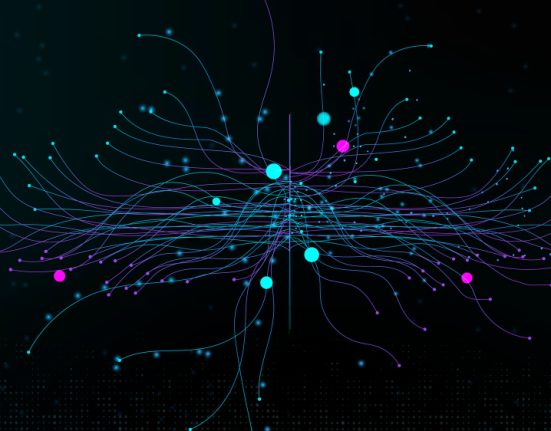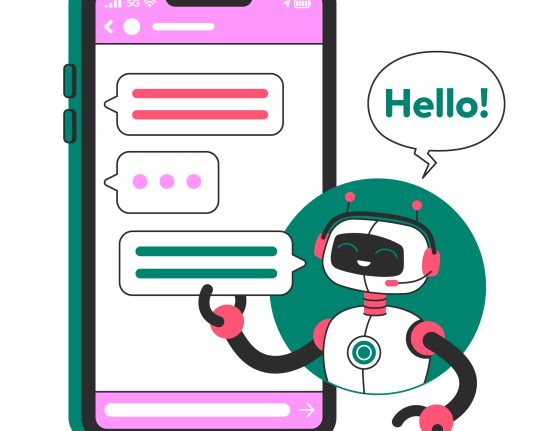In the era of digital transformation, automation driven by artificial intelligence (AI) has emerged as a game-changer across various industries. By leveraging machine intelligence to perform repetitive tasks, businesses are witnessing unprecedented efficiency, accuracy, and scalability. This blog explores how AI-driven automation is reshaping sectors such as manufacturing, logistics, and customer service, showcasing specific tools and case studies that illustrate its impact.
AI Automation in Manufacturing Manufacturing has been at the forefront of adopting AI for automation. From assembly lines to quality control, AI technologies are optimizing processes that were once labor-intensive. Robotic Process Automation (RPA) and advanced robotics are enhancing productivity by:
- Streamlining Production: AI-powered robots, such as those from companies like Fanuc and ABB, perform complex assembly tasks with precision, reducing waste and production time.
- Predictive Maintenance: Tools like Siemens’ Mindsphere use AI to predict equipment failures, enabling proactive maintenance and minimizing downtime.
Case Study: Automaker BMW employs AI in its production plants to automate quality checks. Using computer vision systems, the company identifies defects in components faster and more accurately than human inspectors, ensuring higher product standards and customer satisfaction.
AI Automation in Logistics Logistics is another industry experiencing a transformation through AI automation. By integrating AI into supply chain management, companies can improve efficiency and meet customer demands more effectively. Key applications include:
- Inventory Management: AI algorithms analyze demand patterns to optimize inventory levels, preventing overstocking or stockouts.
- Route Optimization: Tools like OptimoRoute use AI to plan the most efficient delivery routes, reducing fuel consumption and delivery times.
Case Study: Amazon’s fulfillment centers rely on AI-driven robots to sort and move packages, significantly reducing processing times. Additionally, AI-powered algorithms determine the fastest shipping routes, ensuring prompt deliveries to customers.
AI Automation in Customer Service AI-driven automation has revolutionized customer service by enhancing response times and personalization. Chatbots and virtual assistants powered by Natural Language Processing (NLP) are transforming the way businesses interact with customers. Key benefits include:
- 24/7 Support: AI chatbots like those provided by Zendesk offer round-the-clock assistance, handling common queries and escalating complex issues to human agents.
- Personalized Interactions: AI systems analyze customer data to deliver tailored recommendations and solutions.
Case Study: Banking giant Bank of America utilizes its AI virtual assistant, Erica, to help customers manage accounts, track spending, and provide financial insights. This not only improves customer satisfaction but also reduces the workload for human representatives.
Conclusion AI-driven automation is transforming industries by increasing efficiency, reducing costs, and enhancing customer experiences. From manufacturing floors to logistics hubs and customer service desks, automation is enabling businesses to adapt to a rapidly evolving marketplace. As AI continues to evolve, its applications in automation will undoubtedly expand, opening new possibilities for innovation and growth.














Leave feedback about this